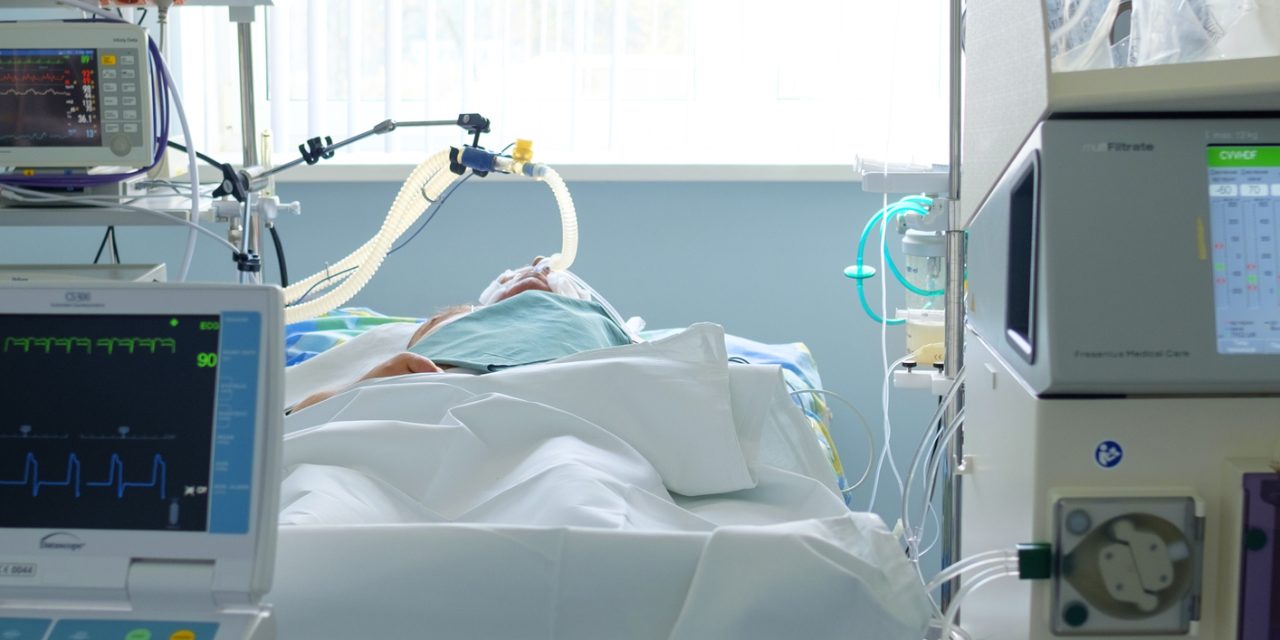Resting heart rate is a risk factor of adverse heart failure (HF) outcomes; however, studies have shown controversial results. This meta-analysis evaluates the association of resting heart rate with mortality and hospitalization and identifies factors influencing its effect.
We systematically searched electronic databases in February 2019 for studies published ≥2005 that evaluated resting heart rate as a primary predictor or covariate of multivariable models of mortality and/or hospitalization in adult ambulatory HF patients. Random-effects inverse variance meta-analyses were performed to calculate pooled hazard ratios (HRs). Grading of Recommendations, Assessment, Development and Evaluation approach was used to assess evidence quality.
62 studies on 163,445 patients proved eligible. Median population heart rate was 74bpm (interquartile range 72 bpm – 76 bpm). A 10-bpm increase was significantly associated with increased risk of all-cause mortality (HR 1.10, 95% confidence interval [CI] 1.08-1.13, high-quality). Overall, subgroup analyses related to patient characteristics showed no changes to the effect estimate, however there was a strongly positive interaction with age showing increasing risk of all-cause mortality per 10 bpm increase in heart rate.
High-quality evidence demonstrates increasing resting heart rate is a significant predictor of all-cause mortality in ambulatory HF patients on optimal medical therapy, with consistent effect across most patient factors and an increased risk trending with older age.
Copyright © 2020. Published by Elsevier Inc.
Resting heart rate as an important predictor of mortality & morbidity in ambulatory patients with heart failure: A systematic review & meta-analysis.


